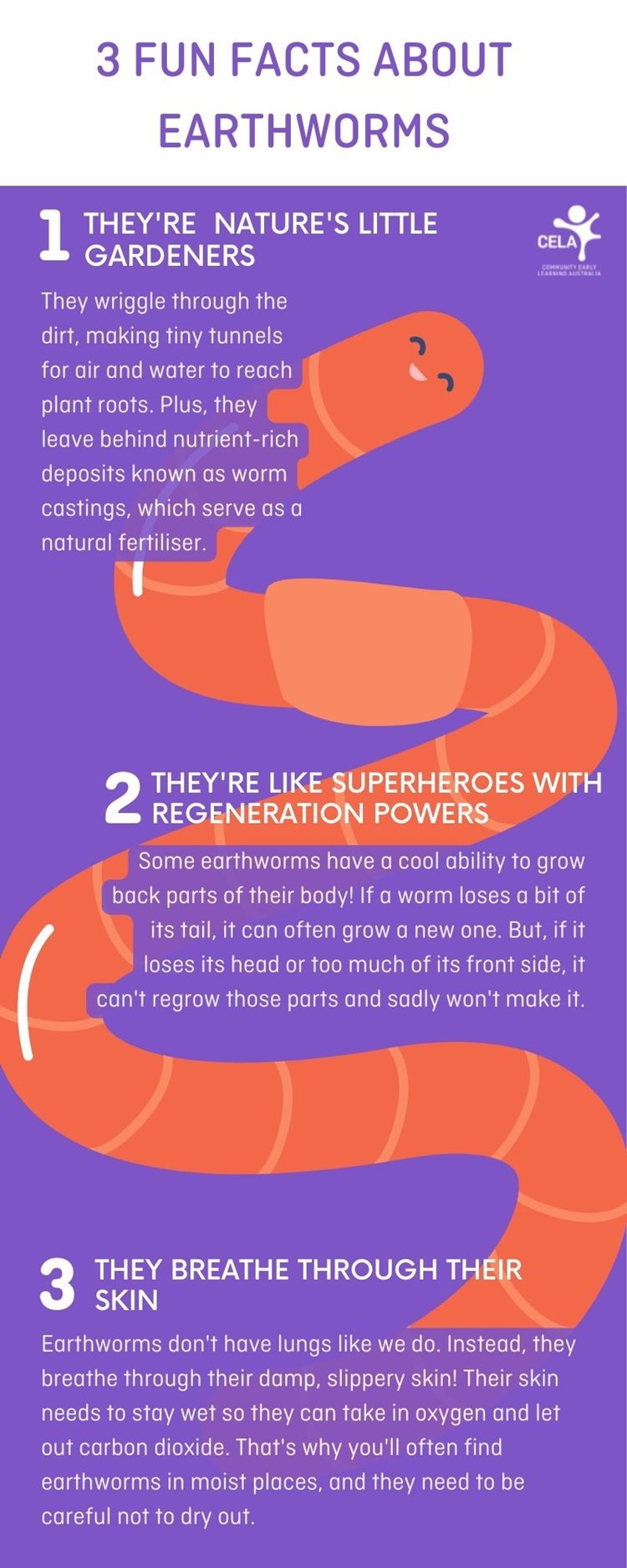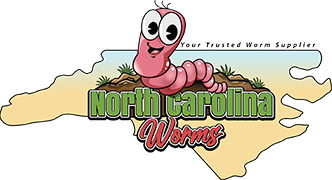The Greatest Guide To North Carolina Worms
The Greatest Guide To North Carolina Worms
Blog Article
Indicators on North Carolina Worms You Need To Know
Table of ContentsSome Known Details About North Carolina Worms More About North Carolina WormsFacts About North Carolina Worms UncoveredRumored Buzz on North Carolina Worms
Instance: 1-gallon of worm castings to 4 gallons of potting mix. 1/2 mug in the base of the planting opening for smaller sized plants. 1 mug for larger plants.
The enhancement of tea can also include boosted microbial biomass to your soil. You can always side-dress your plants with worm spreadings any time. Simply keep in mind, the bacteria will pass away if exposed to UV rays (Sunlight), so make certain to cover the castings with an inch or so of soil.
This frustrated them for years until the testing methods became better. It would get better(with more castings), level off, and then decline. Also several worm spreadings would accelerate the development to a speed that the plant could not recuperate from.
North Carolina Worms Things To Know Before You Get This
Numerous herbicides deal with this exact same principle. So, 20% by volume seems to be the "Dessert Spot". I have clarified the virtues of worm spreadings for concerning 2000 words. What concerning the opposite side of the coin? Nothing is excellent. Worm spreadings are no various. It takes some time to produce top quality worm spreadings.
You can acquire them which brings about number 2. Worm spreadings definitely cost greater than chemical plant foods. Worm spreadings are on the cheaper end of natural fertilizers. You will need to choose what is more vital. It is easy to produce percentages of worm castings. (50 gallons per year) It is a much harder and very pricey financial investment to create big amounts of worm spreadings (Lenoir NC Worms For Sale).

Producing a healthy and balanced dirt might be the best benefit of worm castings. We talked about worm spreadings NPK and likewise the proper nutrient analysis that need to use to worm castings.
Facts About North Carolina Worms Revealed
We talked regarding some of the drawbacks associated with worm castings. I covered a lot of product in this short article.
The upright burrows are generally open, although the worms top the top with residue and waste matter. Roots require oxygen for their development, whereas they generate carbon dioxide that requires to leave the dirt.
Earthworms boost porosity by two mechanisms: (1) by developing permanent burrows, and (2) by improving soil aggregation. Aggregation is boosted by the mixing of soil and organic issue in the earthworms' guts. Lake Rhodhiss Bait. These very stable aggregates are deposited by some earthworms in their burrows, and by others at the surface area of the dirt


In another research study, earthworms were estimated to consume 4 to 10 percent of the top 6 inches of the soil each year. Dirt compaction decreases the porosity of the dirt.
The Facts About North Carolina Worms Uncovered
Typical earthworm populations can easily take in 2 loads of dry matter per acre per year, partly absorbing and mixing it with dirt. The importance of earthworms to mix surface residue with soil ends up being very clear in dirts that do not have any kind of earthworms. A lot of our Pennsylvania soils contend least some earthworms, and the impact of their complete lack, therefore, can not be kept in mind.
(https://angelsdirectory.com/North-Carolina-Worms_353123.html)In these dirts, the development of topsoil with affordable natural matter content did not take location, resulting in bad crop development. When the reason was developed, the federal government of the Netherlands started a project to present earthworms. After the intro of the earthworms, a dark topsoil layer was formed, and crop growth enhanced significantly.
They live mostly from partially decayed natural matter that is already included in the dirt. These species consume huge amounts of soil that they blend with digested crop residue in their guts.
Their burrows continue to be open, although they top the top with plant residue that they draw to the entryway. These species consume considerable amounts of soil that they blend with digested deposit in their intestines. Their waste matter is largely transferred at the surface area of the soil. The nightcrawler Lumbricus terrestris is one of the most noticeable member of this team.
Report this page